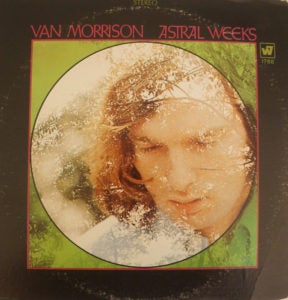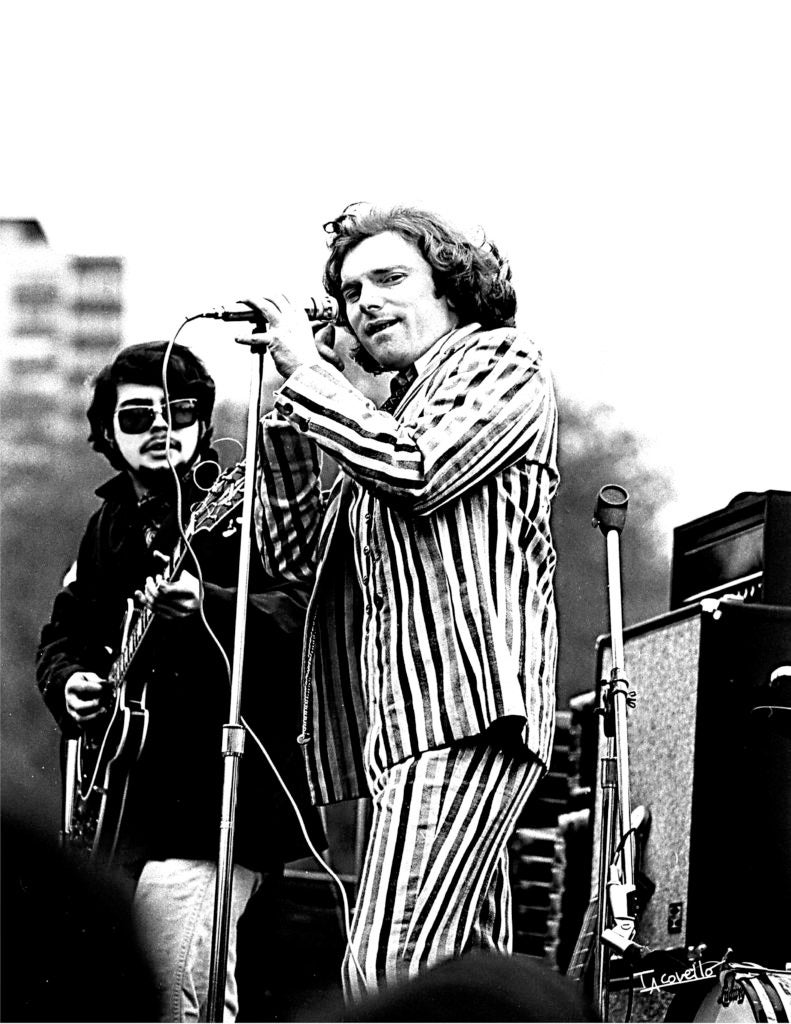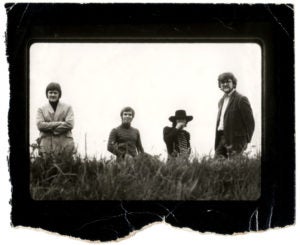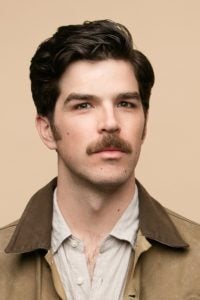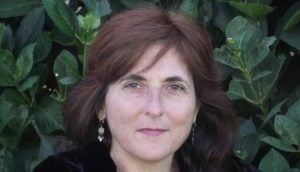Ryan Walsh Uncovers the Mysteries Behind the Birth of Van Morrison’s Masterpiece in 1968
March 9, 2018
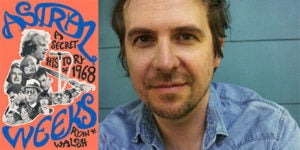 Van Morrison’s Astral Weeks is an iconic rock album shrouded in legend that has touched generations of listeners (the record topping many personal “Desert Island” music lists) and influenced everyone from Bruce Springsteen to Martin Scorsese. ASTRAL WEEKS: A Secret History of 1968 (Penguin Press), the first book by musician/ journalist Ryan H. Walsh, unearths the album’s fascinating backstory and takes a mind-expanding deep dive into a lost chapter of Boston, circa 1968, featuring both the famous and the forgotten, including Van Morrison himself, folkie-turned-cult-leader Mel Lyman, Timothy Leary, the Velvet Underground, Andy Warhol, Peter Wolf, and James Brown.
Van Morrison’s Astral Weeks is an iconic rock album shrouded in legend that has touched generations of listeners (the record topping many personal “Desert Island” music lists) and influenced everyone from Bruce Springsteen to Martin Scorsese. ASTRAL WEEKS: A Secret History of 1968 (Penguin Press), the first book by musician/ journalist Ryan H. Walsh, unearths the album’s fascinating backstory and takes a mind-expanding deep dive into a lost chapter of Boston, circa 1968, featuring both the famous and the forgotten, including Van Morrison himself, folkie-turned-cult-leader Mel Lyman, Timothy Leary, the Velvet Underground, Andy Warhol, Peter Wolf, and James Brown.
The Truth about the Border in Francisco Cantú’s THE LINE BECOMES A RIVER
February 6, 2018
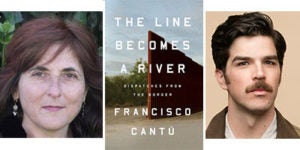 THE LINE BECOMES A RIVER: Dispatches from the Border, published by Riverhead Books, presents a first-person narrative by author and former Border Patrol agent Francisco Cantú. The border between the United States and Mexico is in his blood: his mother, a park ranger and daughter of a Mexican immigrant, raised him in the scrublands of the Southwest. Haunted by the landscape of his youth, Cantú became an agent for the United States Border Patrol in 2008, working in the deserts of Arizona, New Mexico, and Texas. He and his partners were posted to remote regions crisscrossed by drug routes and smuggling corridors, where they learned to track other humans under blistering sun and through frigid nights. They hauled in the dead and delivered to detention those they found alive. Plagued by nightmares, Cantú abandoned the Border Patrol for civilian life in 2012. But when an immigrant friend traveled to Mexico to visit his dying mother and did not return, Cantú discovered that the border had migrated with him.
THE LINE BECOMES A RIVER: Dispatches from the Border, published by Riverhead Books, presents a first-person narrative by author and former Border Patrol agent Francisco Cantú. The border between the United States and Mexico is in his blood: his mother, a park ranger and daughter of a Mexican immigrant, raised him in the scrublands of the Southwest. Haunted by the landscape of his youth, Cantú became an agent for the United States Border Patrol in 2008, working in the deserts of Arizona, New Mexico, and Texas. He and his partners were posted to remote regions crisscrossed by drug routes and smuggling corridors, where they learned to track other humans under blistering sun and through frigid nights. They hauled in the dead and delivered to detention those they found alive. Plagued by nightmares, Cantú abandoned the Border Patrol for civilian life in 2012. But when an immigrant friend traveled to Mexico to visit his dying mother and did not return, Cantú discovered that the border had migrated with him.
In our Behind the Pages interview, Francisco Cantú and Rebecca Saletan, Vice President, Editorial Director for Riverhead, share personal insights into the creation of THE LINE BECOMES A RIVER, ongoing border-related issues, and the harsh realities that this book illuminates.
Behind the Pages of THE IMMORTALISTS with Sally Kim and Chloe Benjamin
January 8, 2018
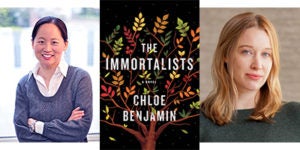 Celebrating the publication of THE IMMORTALISTS, one of the most highly anticipated books of 2018, we present a special “Behind the Pages” interview with the novel’s editor, Sally Kim, Vice President, Editorial Director, G. P. Putnam’s Sons, and author Chloe Benjamin.
Celebrating the publication of THE IMMORTALISTS, one of the most highly anticipated books of 2018, we present a special “Behind the Pages” interview with the novel’s editor, Sally Kim, Vice President, Editorial Director, G. P. Putnam’s Sons, and author Chloe Benjamin.

